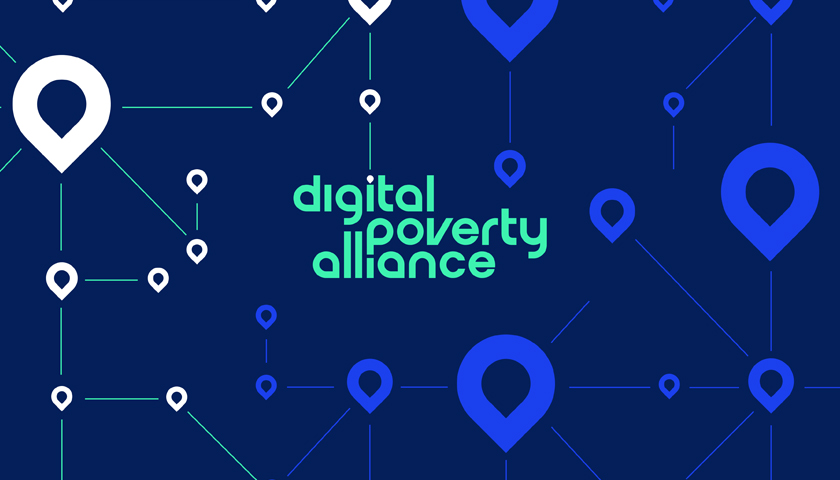The Digital Poverty Alliance, alongside Barclays and Intel, have started to roll out its second stage of Tech4Teachers, a new project which provides laptops to teachers to improve the quality of teaching at schools across the UK.
This stage of the campaign has started to connect teachers who lack adequate online access with 550 new devices, to enable them to better support over 20,000 school children in the most disadvantaged communities. Funding for the programme will be provided by flagship sponsors Barclays and Intel.
This second stage builds upon the first phase of the Tech4Teachers programme in 2021, which saw Currys provide 1,000 laptops for teachers across the UK.
Last year, research showed that 47 per cent of teachers did not have sufficient internet access to deliver lessons, severely holding back remote learning for their students.
The Digital Poverty Alliance, run by the Learning Foundation, also provides a new collaborative space for teachers on their online community hub, allowing for greater connectivity and unity across schools with teachers able to share advice and ask questions.
Barclays’ support comes from the Barclays 100×100 UK Covid-19 Community Relief Fund, which was set up to get support to the heart of UK communities.
Digital Poverty Alliance have partnered with Intel for the project, to accelerate Intel’s 2030 RISE initiatives to create a more Responsible, Inclusive, and Sustainable world, Enabled through technology. RISE focuses on Intel partnering with organisations worldwide to apply their solutions and expertise to geographically unique problems as well as global challenges.
Paul Finnis, CEO of the Digital Poverty Alliance and the Learning Foundation, said:
“Teachers must not be forgotten by the Government or industry in efforts to ‘level-up’. Adequately equipping them with suitable digital services is vital in supporting pupils and ultimately building the necessary digital skills to tackle digital poverty. How can we support children to learn how to use devices and develop digital skills if their teachers don’t have suitable technology to teach them?”
